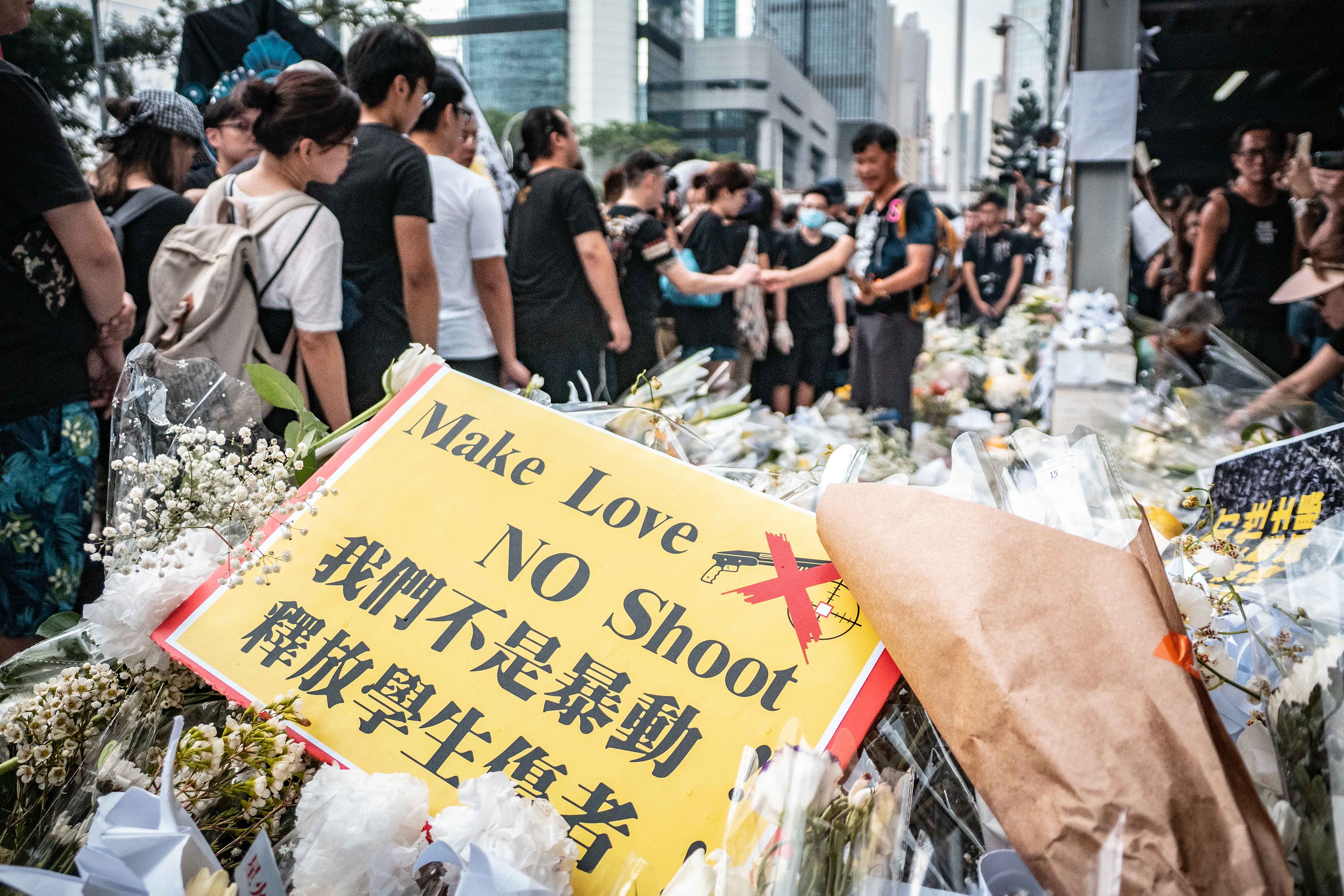
Panel discusses calls to action in New Westminster
By Colten Kamlade, Staff Reporter
A forum at Douglas College, entitled “Truth and Reconciliation: Cities and Citizens,” delved into the many complexities of the history and future of New Westminster and its relationship with Indigenous people.
This event is the fourth forum that Douglas College has hosted on urban issues. Panelists Dr. Gail Edwards, Rob McCullough, and Dave Seaweed discussed the history of New Westminster and its Indigenous inhabitants, and the kind of action that needs to be taken to move towards reconciliation.
Edwards, a history professor at Douglas College, told the story of her family settling in North America.
“My family’s story is fairly typical of settler-born Canadians,” she said. “What all my ancestors had in common was that the land on which they farmed was the land of Indigenous people of the United States and Canada; land that had been taken through purchase, and through treaty, and land that was unceded.”
McCullough, manager of museums and heritage services for the City of New Westminster, discussed some of the Truth and Reconciliation Commission’s calls to action.
“A significant call to action that specifically identifies where we can act is number 47, which calls upon federal, provincial, territorial, and municipal governments to repudiate concepts used to justify Europeans sovereignty over Indigenous peoples and lands, such as the doctrine of discovery and terra nullius, and to reform those laws, government policies, and litigation strategies that continue to rely on such concepts,” he said.
McCullough said many of the calls to action cannot be accomplished without support from outside the government.
“Many of the calls require more than a team of city staff to deliver, they require deeper engagement and collaboration with the Indigenous community,” he said. “An example is number 57, which calls upon government to provide education to public servants on the history of aboriginal peoples.”
Seaweed, an aboriginal co-ordinator at Douglas College, voiced concerns about dialogue without action.
“We’re kind of in the honeymoon phase,” he said. “We don’t want to see lip service, we want to make sure that things are moving forward.”
Seaweed said the City has made some positive moves following the calls to action.
“The government came in, right after the report came out, and came to each institution and went to the … VP Academic and myself, and [gave us] a questionnaire,” he said. “And in the Truth and Reconciliation calls to action, there’s 12 that are dealing specifically with education, and [the questionnaire] went into each one, in depth, and said, ‘what have you done, what are you doing, and what do you plan on doing?’ So, we’re excited about that.”


